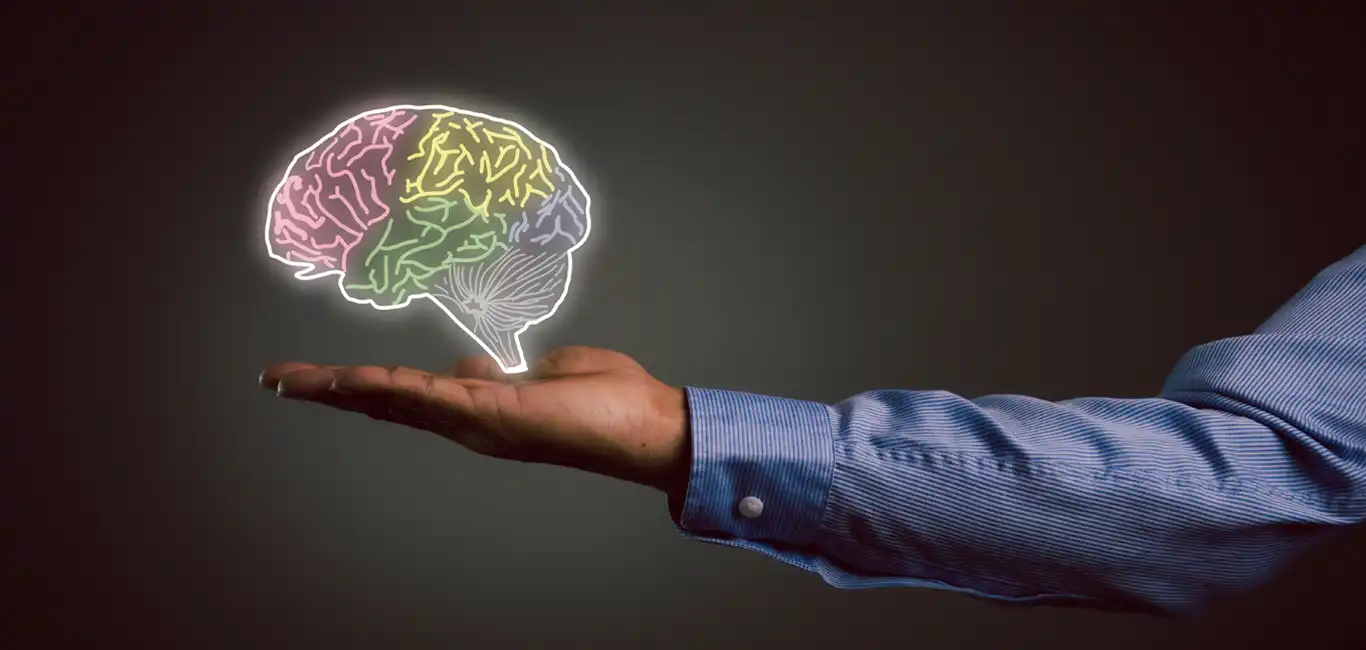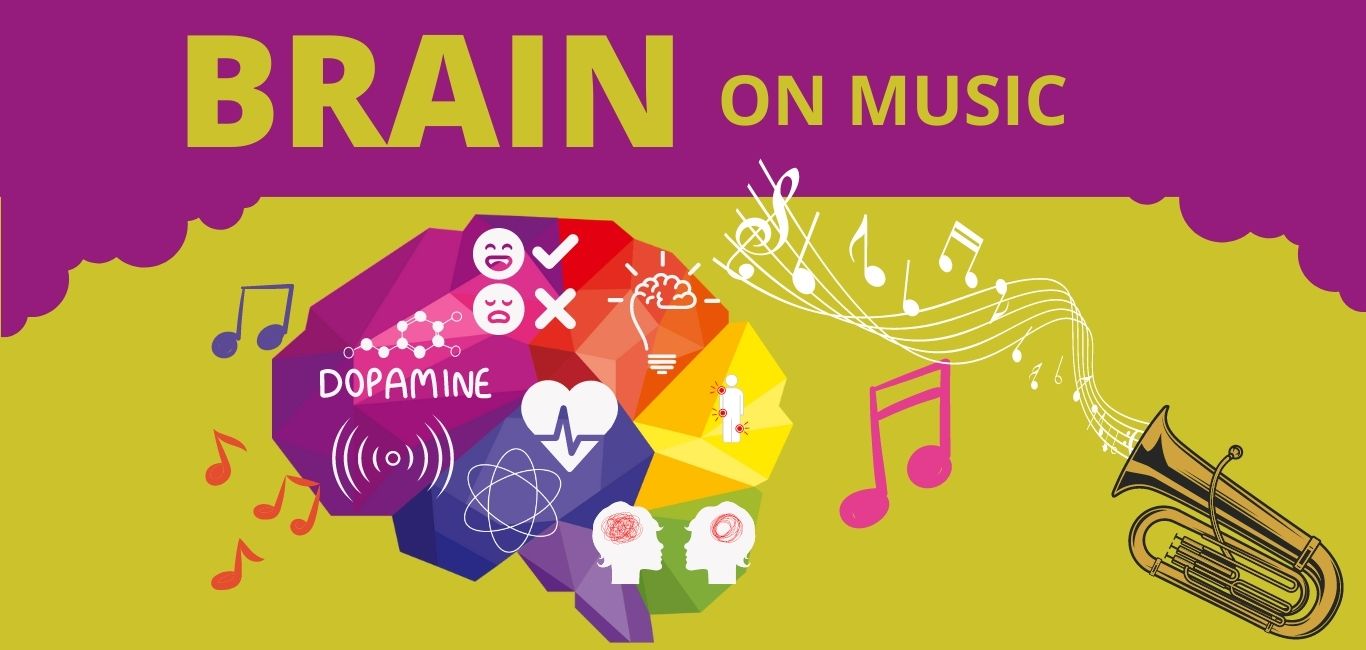At times when talking about ADHD (attention-deficit/hyperactivity disorder), contradictory views emerge. While some believe that it is a behavioural problem, science has shown that there are scientific reasons for hyperactivity, inattentiveness and attention deficit – hallmarks of ADHD.
ADHD is a complex neurodevelopmental condition that has been most commonly observed in children between the ages of 3 and 12. Individuals with ADHD have trouble with focus, attention, impulse control, organisation and behaviour. While the incidence of boys with ADHD is higher, the difference in symptoms is implicated in poor diagnoses in girls.
Varying degrees of brain changes in regions like the prefrontal cortex, basal ganglia, thalamus and dysfunction in dopamine production are the baseline that leads to symptoms of ADHD.
Read more: Leading from the front- prefrontal cortex
Read more: Basal ganglia: the brain’s choreographer
Read more: What’s the buzz about dopamine?
Dr Naveen Jayaram, psychiatrist, Sakra World Hospital, says, “The prefrontal cortex regulates attention, concentration, and executive function; while the amygdala regulates impulsivity and anxiety seen in ADHD.”
He goes on to explain that a key factor – the reward function – is dysregulated in ADHD. Because of this, a person with ADHD does not derive pleasure from completing a task. He also adds that at times memory may also be affected, due to structural changes in the hippocampus.
Addressing the age aspect, he says it was just seen in children earlier. “However, [ nowadays] it has seen to manifest in adolescents and adults alike,” says Dr Jayaram. An increasing number of adults are being diagnosed with ADHD, and Dr Jayaram says that there are links to early childhood trauma that leads to synaptic changes that are the basis of behavioural changes.
ADHD can be managed with the right support and guidance.


















